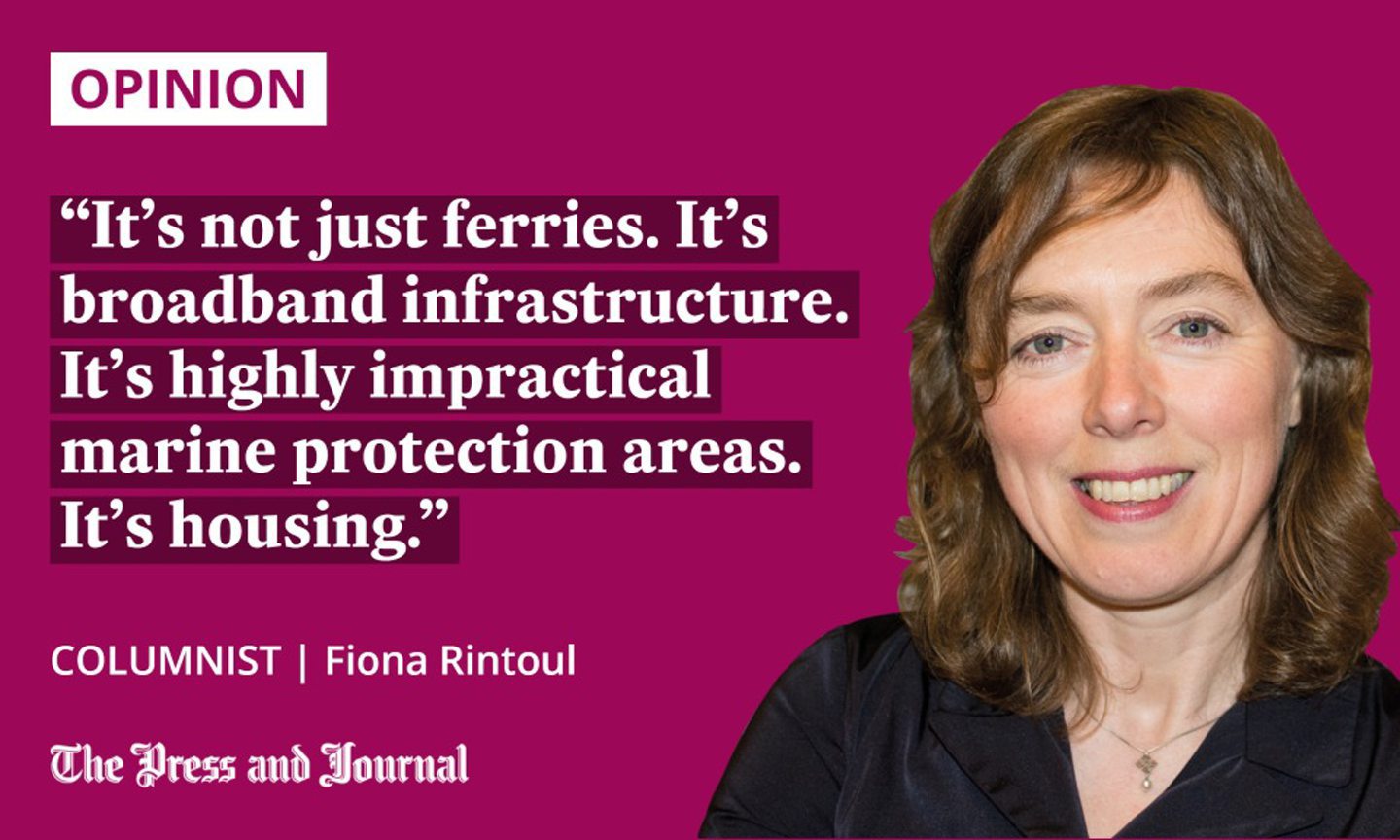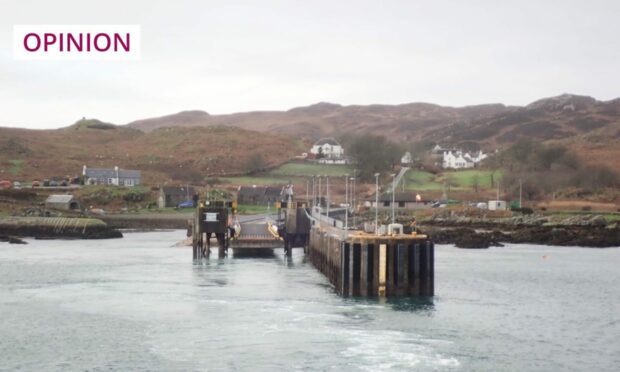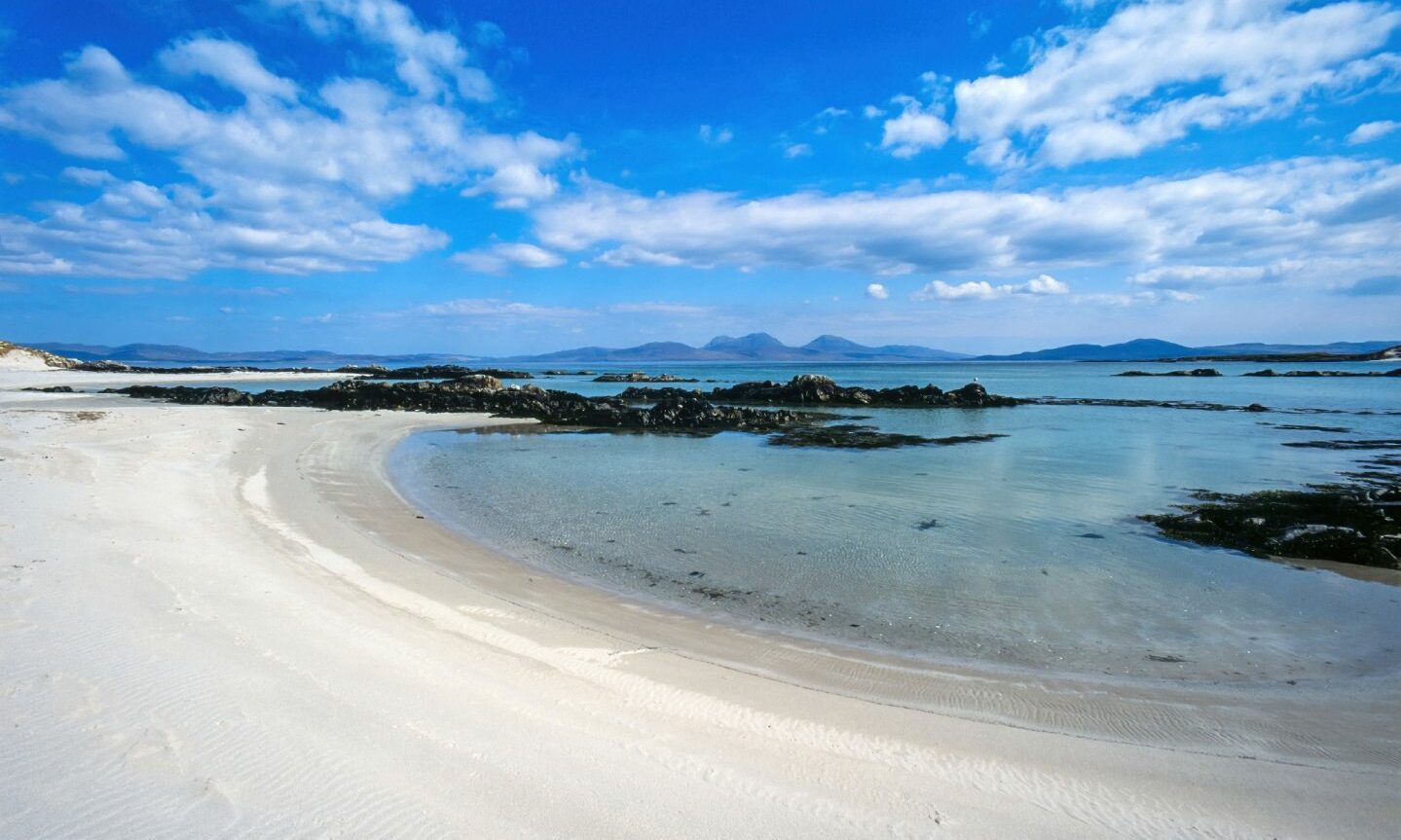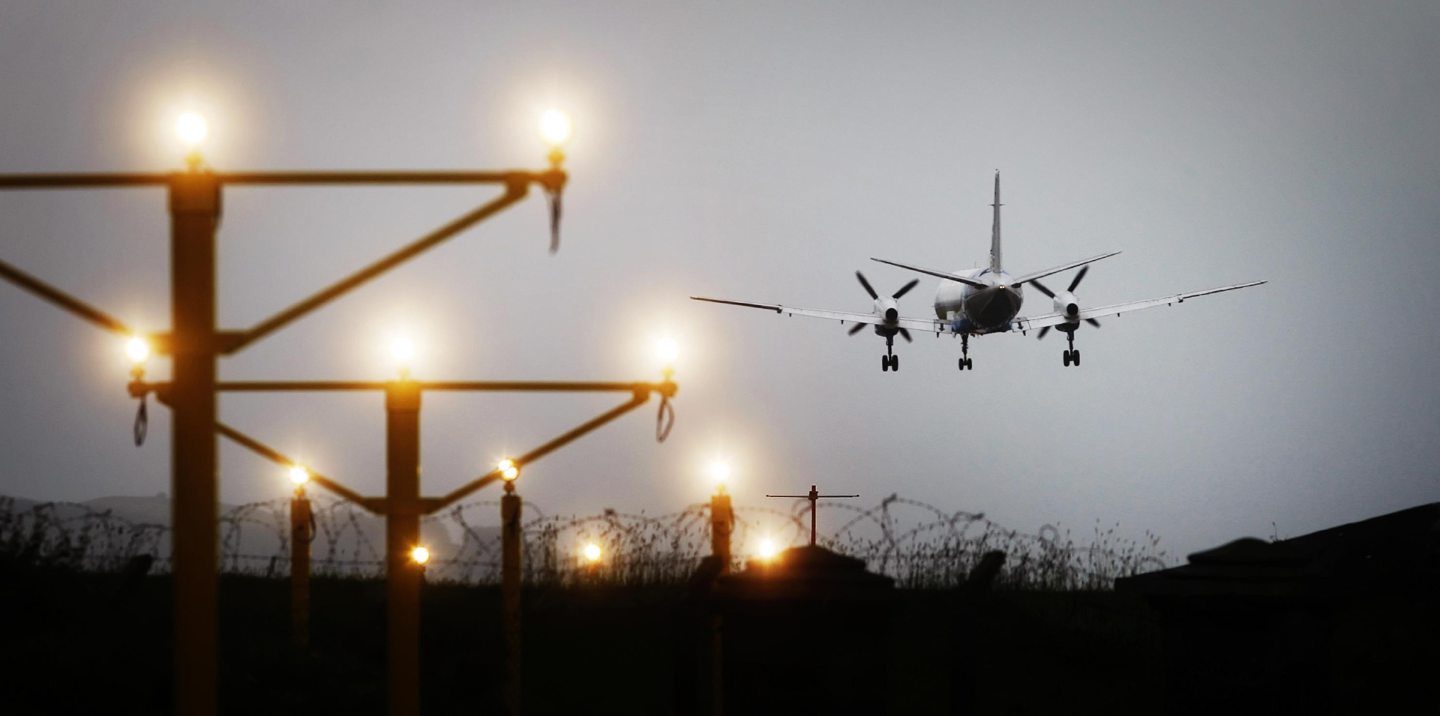I still remember with great fondness the useful car park that once existed inside Glasgow Central Station.
It was small and perfectly formed, and you could park there for 20 minutes or so when dropping people off at the station or collecting them from the train. It was closed down to make way for a rail link to Glasgow Airport.
I lived in Glasgow at the time. “Oh well,” I thought, “that’s a shame, but it’ll be worth it to have a rail link to the airport. It’s a disgrace, really, that a city of Glasgow’s size and stature doesn’t have a rail link to the airport in this day and age.”
And so it was – and is – a disgrace.
Years passed. Many were the plans that were proposed and shelved, but no rail link to Glasgow Airport was built. The useful car park is a footnote in this saga – from which, incidentally, neither the Holyrood nor the Westminster government emerges particularly well – but it’s worth noting that it remained closed, creating the kind of lose-lose scenario that makes citizens feel like someone has put their head in a vice and is turning the screw.

I mention this sorry tale of multiple incompetencies to illustrate that the problems we have with our transport infrastructure – which are reaching crisis point – are not confined to areas that people like to imagine are far from the centre. Anyone who has crawled past Perth recently on the eternally dualling but never wholly dualled A9 can testify to that.
However, the transport situation is undeniably at its direst in those areas of the country that are routinely labelled remote – especially those that you need to cross the sea to get to. It’s sad but true that, despite Scotland having nearly 19,000km of coastline, some 900 islands and a history determined in large part by maritime connections, our government acts like it’s slightly unreasonable for people who live on islands to expect to be able to move about at will when there’s, like, water between them and civilisation.
This attitude has brought us to the point where transport failures are threatening island communities’ very survival. One of the latest calumnies is the ditching of the twice-weekly ferry service that used to run from Kennacraig on the Kintyre peninsula to Oban and back via Islay and Colonsay. I feel almost as personally aggrieved about this as I do about the non-existent rail link to Glasgow Airport, for I remember the joy of discovering this service when I worked on Islay one summer.
It meant you could spend the day on the fantastically beautiful island of Colonsay – which I duly did whenever I was off on the relevant day and the weather was nice. I was not alone.
As well as being useful for local businesspeople, the service delivered hundreds of day trippers to the small island, who, of course, spent money in the shop, cafe and hotel. Now, islanders report, there are almost no day trippers, which is rubbish for islanders and holidaymakers alike. Neither is the regular service operating well. Cancellations are frequent.
Glasgow-based South Uist native Rona MacDonald describes the situation as discrimination, and she’s right
The situation in South Uist is equally deleterious, inexcusable and all those other overused adjectives that begin to feel inadequate as we confront a total meltdown of our ferry connections.
A protest in Lochboisdale in early June is to be followed by a march in Glasgow this Saturday. Good. The organiser, Glasgow-based South Uist native Rona MacDonald, who is working with Lochboisdale Ferry Business Impact Group, describes the situation as discrimination, and she’s right.
Change is needed to fix government failings
Our government has shown a lack of care for island communities that justifies the use of that powerful word. It’s not just ferries. It’s broadband infrastructure. It’s highly impractical marine protection areas. It’s housing.
Where I live in the Outer Hebrides, successful businesses are shutting down or curtailing their operations because they can’t get staff, and they can’t get staff because there’s no accommodation for them. Also, how would they get here?
This is an act of self-harm that borders on the criminal. And, like the missing Glasgow airport link, it appears to betray an advanced case of the Scottish cringe. We have a whole bunch of stunning islands with their own unique culture and heritage. Let’s throttle them. Our largest city is a vibrant hub with some of the most impressive Victorian architecture in the world. Let’s not bother with an airlink.
These failings lie at the Scottish Government’s door, but I wonder if Westminster-Holyrood hostilities don’t fuel failure. Change is needed, and we might look left field for the solution.
In a recent interview, Scottish Secretary Alister Jack described the Scottish Government as “hostile” and himself as a champion of devolution. This made me question how we choose the Scottish secretary. Shouldn’t they be drawn from the Westminster party with the most Scottish MPs? That really would be devolution – and democracy.
Fiona Rintoul is an author and translator



Conversation